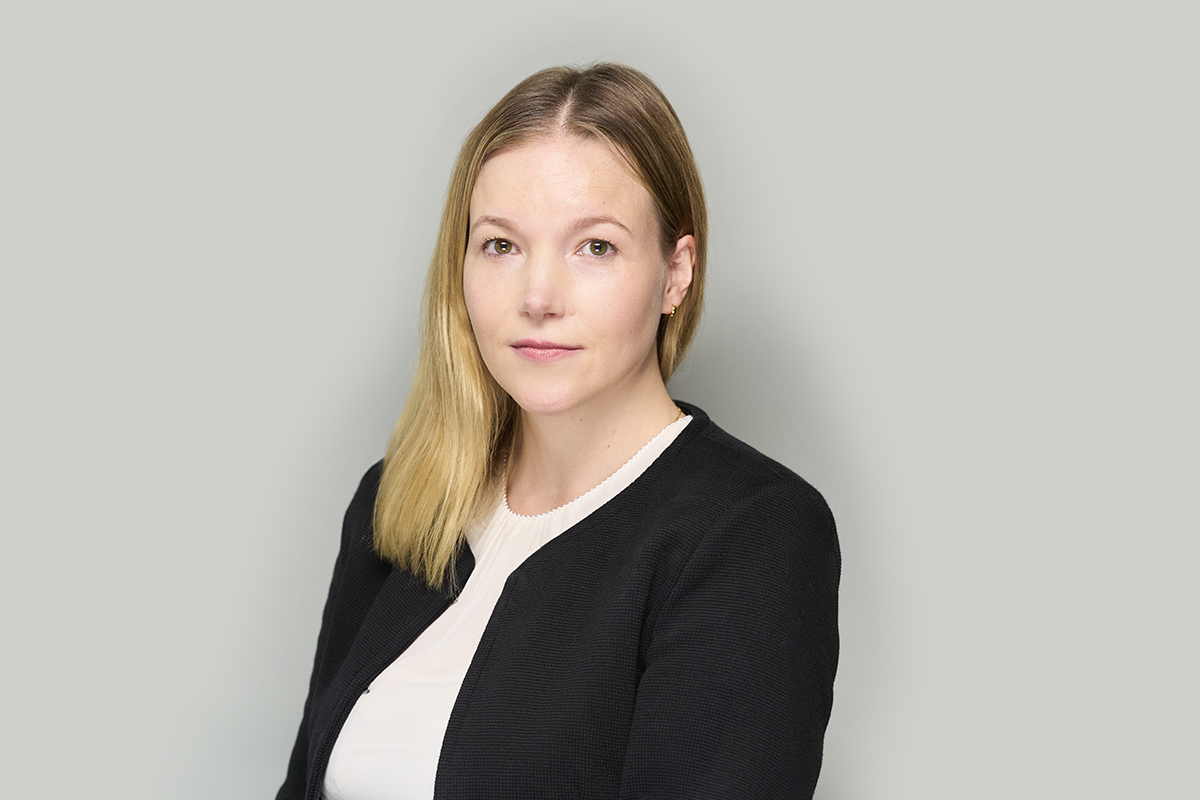A silver lining for non-doms?
Written by
From 6 April 2025, the remittance basis for non-UK domiciled individuals was replaced by a new foreign income and gains (FIG) regime for internationally mobile individuals.
Despite damning headlines in recent weeks, the outlook should not be considered entirely bleak. Designed for ‘qualifying new residents’ (QNR), broadly those individuals who have not been UK resident in the previous 10 tax years, QNRs will be exempt from UK tax on their FIG for their first four tax years of UK residence.
This arguably outshines the old “non-dom” regime as these new arrivals will not pay UK tax on qualifying FIG arising in the first four tax years, whether these funds are remitted or brought to the UK. These funds can then be brought to the UK without further tax consequences. The earlier complex and bureaucratic requirements of multiple accounts and funds segregation no longer applies (at least in relation to post-6th April 2025 funds). After four years these individuals will be taxed on worldwide income and gains like other UK residents even if the funds are kept abroad. However, four years is a short window and may not encourage foreigners to settle and contribute meaningfully to the UK economy during that period.
An individual’s residence position, determined by the UK’s Statutory Residence test, underpins the new regime. This is in stark contrast to the more subjective concept of domicile (on which the old regime relied) and allows for far greater certainty in determining an individual’s residence position and allows for better future planning.
Don’t fixate on the £4bn
Despite many fixating on the alleged £4bn hole in public finances from the scrapping of the non-dom regime, the new regime is designed to encourage individuals to spend and invest in the UK. It is likely to be particularly attractive for entrepreneurs wishing – for example – to sell their businesses or extract dividends once they have become UK resident for the first time, as this would not incur a UK tax charge. This could similarly apply to individuals holding non-UK assets with large unrealised gains, or with profits to extract.
Tax pull aside, the UK boasts many jurisdictional advantages that shouldn’t be overlooked, including a strong and historical cultural pedigree, a globally renowned education system, and a stable and predictable economic environment. The FIG regime also provides a favourable arrangement for workers coming to the UK on short-term contracts.
Unlike its predecessor, the FIG regime is also not limited solely to those who become resident on 6 April 2025. If an individual became UK resident from 2022/23 and onwards, they could also benefit until they reach four years of UK tax residence, although care should be taken to consider segregation of pre-6 April 2025 income and gains.
Other potential winners are so-called ‘brits abroad’. Individuals with a UK domicile of origin, who have been non-UK residents for 10 years, can now move back to the UK and avail themselves of the four-year regime. It is also now available to those intending to stay in the UK long-term or indefinitely, with individuals previously needing to possess the intention to leave the UK.
Finally, there is no charge for claiming the FIG regime, unlike similar regimes in jurisdictions like Italy, which in 2024 increased its lump sum taxation to €200,000 per annum for new applicants.
There are undoubtedly ways in which the regime could be enhanced, such as extending it beyond four years and identifying a clearer immigration route for affluent individuals seeking to utilise the regime. However, there are silver linings for certain individuals: and greater certainty in our tax code cannot be overlooked.
The full article published by City AM in July 2025 can be found here.

